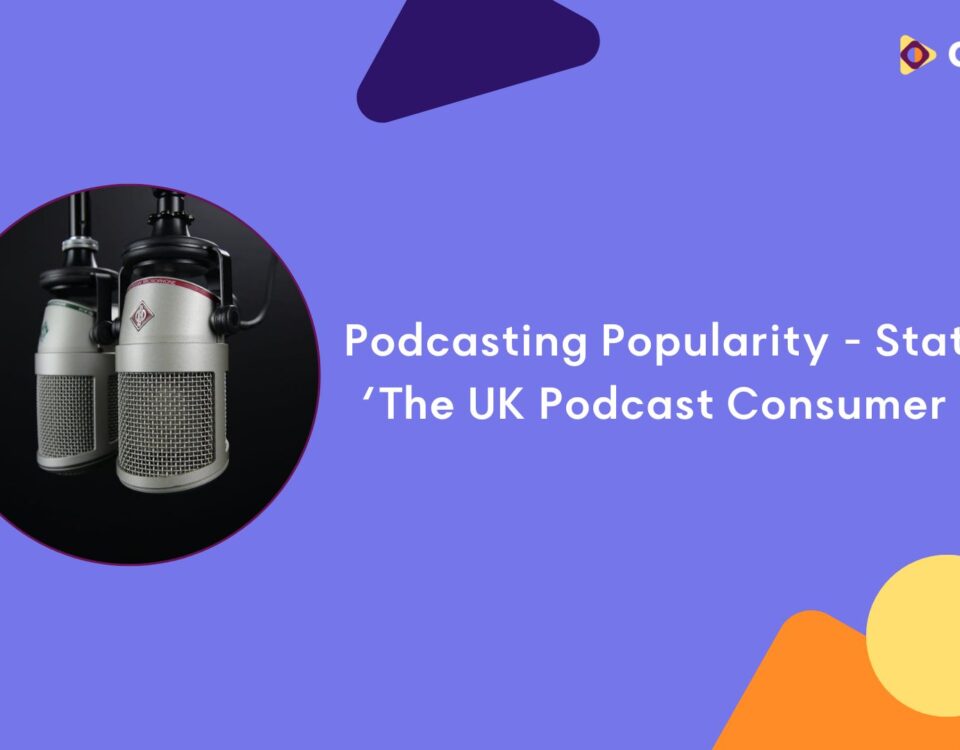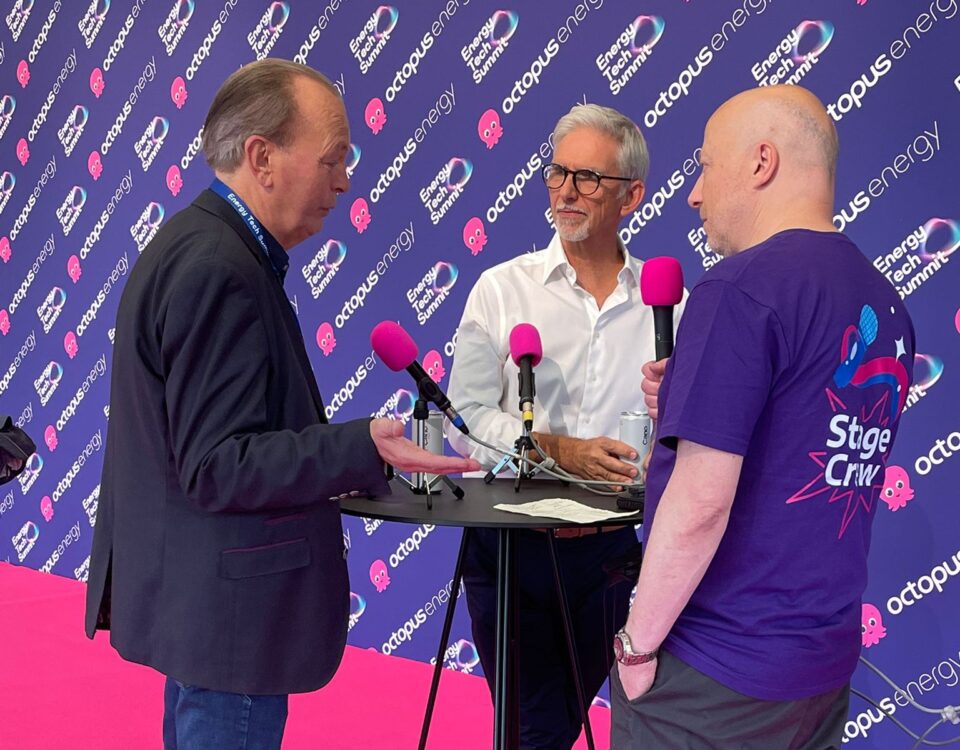The Rise of AI in Podcasting: Job Disruption or Collaboration? – A work experience perspective

by Amy Sussman
I’m Amy, a second-year undergraduate student at the University of Birmingham, reading English. I’ve been lucky enough to join the team at Audere for a couple of weeks to delve into various elements of the podcasting industry. I’m keen to get into the production side of things, and I’ve learnt a lot in my time here.
As I’ve entered the field with fresh eyes at this pivotal point in technological history, I’ve noticed how AI is rapidly affecting the podcasting industry. A few months ago, I would have safely said that podcasting was a booming industry, with plenty of rising job opportunities. But is AI taking over these jobs?
Many podcast editing websites are now using AI technologies to edit their podcasts; AI is writing up show notes or transcriptions and improving audio quality. In theory, AI is adopting the tedious, impersonal jobs, and this isn’t too worrying. However, when innovative technologies arise that allow AI to take over the intrinsically human jobs, that’s when the industry catches a run for its money.
Introducing AI to a minimal degree could be revolutionary to humans’ productivity. It could rapidly speed up the admin tasks that no one really wants to do. This would, in turn, leave time for employees to expand their creativity and put their time into developing their innovation skills. Obviously, podcasting is an industry that relies on creativity. Whether that be discovering new content or modes of production, creativity is essential to producing a successful show.
After reading up on the impact of AI in different industries, it seems to me that it could go either way. If AI is used carefully and considerately, it can perfectly reduce the ordinary tasks, and leave room for creativity to thrive. As Ian Stuart, HSBC UK CEO said in a recent episode of the c-suite podcast that Audere produces, ‘so really let the humans do the extraordinary and get AI and technology to do the ordinary.’
This would obviously be ideal. However, the speed of AI’s emergence is worrying, and tells me that its presence in the workplace is going to be far from conservative.
Although AI can reduce these manual jobs that I’ve spoken about, it also has the capacity to take over some of the more personal elements of podcasting. AI technologies are learning to write scripts, generate themes and content for podcasting and even recreate voices. Naturally, consumers don’t want to listen to robots instead of humans. However, the scary thing is, they might not even notice. AI is a shortcut, so, for workers with a huge workload, it’s often a no brainer to use AI to speed things up. Once you start using AI tools for seemingly ‘human’ jobs, it could become a slippery slope that’s hard to escape. In addition, it’s all well and good when this leaves scope for humans to work on creativity. But, at AI’s current working speed, it seems that human innovation could become increasingly useless.
I’d like to end, however, on a more positive note.
AI will only hold such alarming power when humans allow it to. From my brief time at Audere, I’ve realised the importance of building connections and forming interactions between all parties when creating a podcast. Most people are of the opinion that AI cannot replace these connections, so, I guess we’re safe for now!


